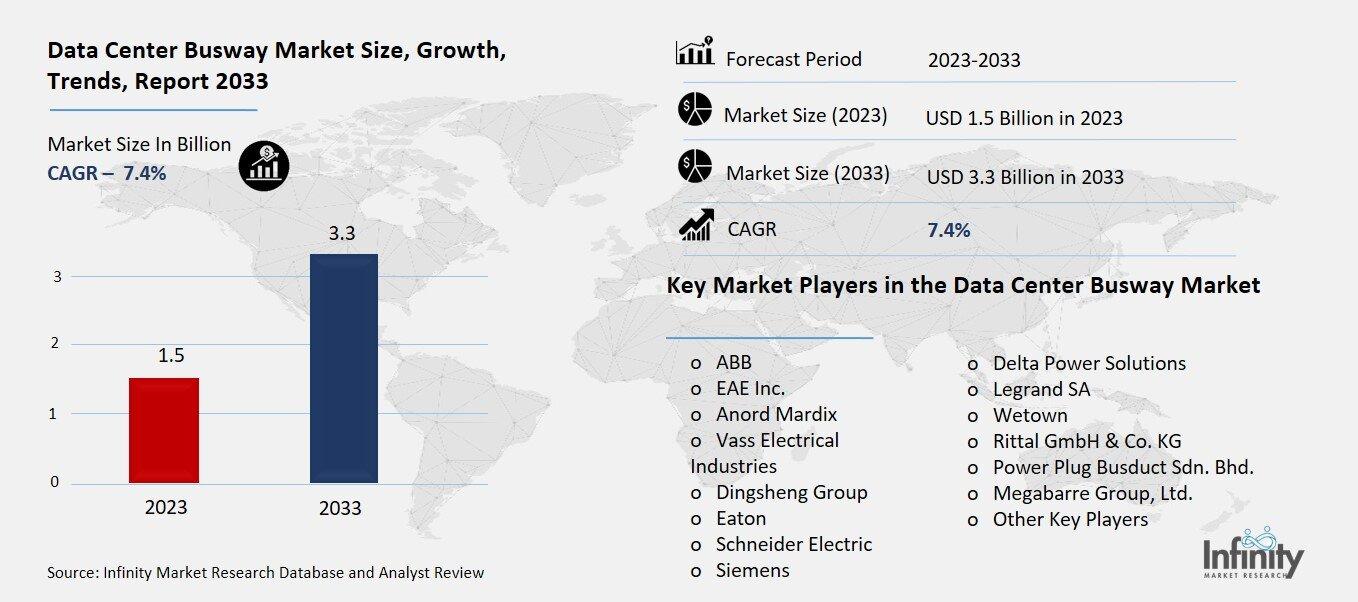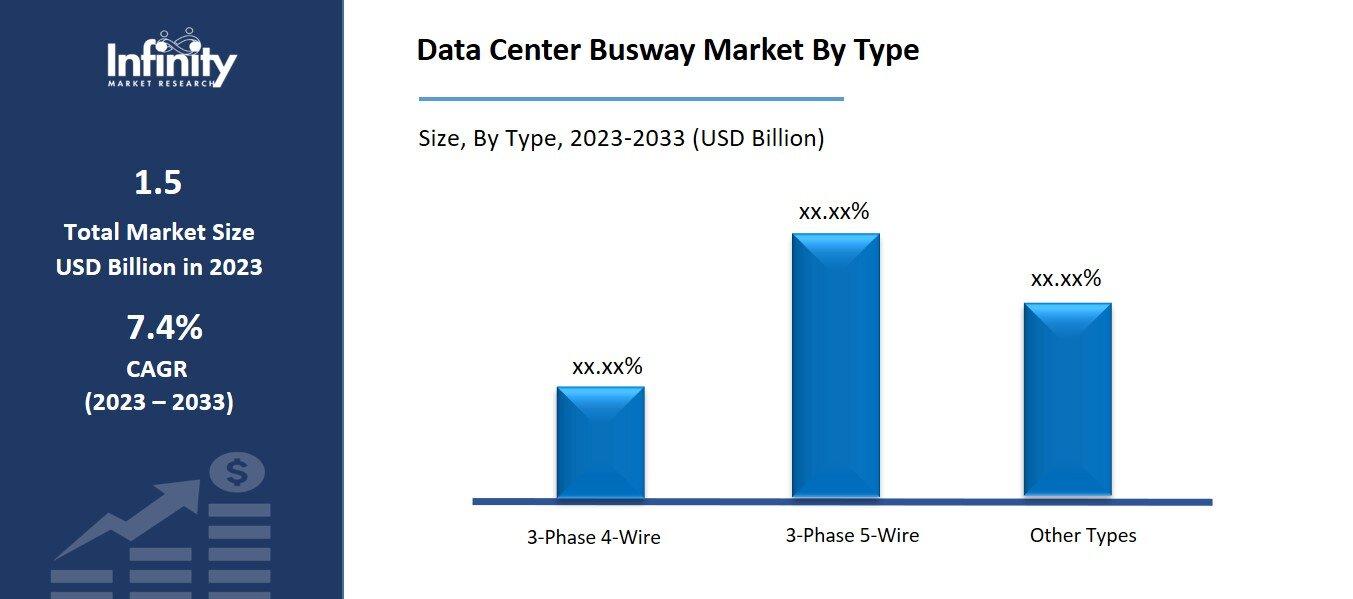
🔐 Secure Payment Guaranteed
Safe checkout with trusted global payment methods.
🌟 Why Choose Infinity Market Research?
At Infinity Market Research, we dont just deliver data — we deliver clarity, confidence, and competitive edge.
In a world driven by insights, we help businesses unlock the infinite potential of informed decisions.
Here why global brands, startups, and decision-makers choose us:
Industry-Centric Expertise
With deep domain knowledge across sectors — from healthcare and technology to manufacturing and consumer goods — our team delivers insights that matter.
Custom Research, Not Cookie-Cutter Reports
Every business is unique, and so are its challenges. Thats why we tailor our research to your specific goals, offering solutions that are actionable, relevant, and reliable.
Data You Can Trust
Our research methodology is rigorous, transparent, and validated at every step. We believe in delivering not just numbers, but numbers that drive real impact.
Client-Centric Approach
Your success is our priority. From first contact to final delivery, our team is responsive, collaborative, and committed to your goals — because you re more than a client; you re a partner.
Recent Reports
Obesity Management Market
GLP-1 Receptor Agonist Market
Data Center Busway Market
Global Data Center Busway Market (By Type, Buttercream Frosting, Royal Icing, Boiled or Cooked Icing, Dusting, Ganache, and Cream Cheese Frosting; By Application, Commercial and Non-commercial; By Region and Companies), 2024-2033
Oct 2024
Information and Communication Technology
Pages: 138
ID: IMR1255
Data Center Busway Market Overview
Global Data Center Busway Market acquired the significant revenue of 1.5 Billion in 2023 and expected to be worth around USD 3.3 Billion by 2033 with the CAGR of 7.4% during the forecast period of 2024 to 2033. The data center busway market is a significant market segment in the context of the global industry related to the construction of data centers and their advancement, which develops due to the modern rapidly developing need for power supply systems in data centers. Bus way systems in which the bus bars are enclosed in a housing or casing is an efficient technique of power distribution to the servers and other IT equipment.

Busway solutions can solve some challenges that concern data centers as the evolution of data center density and the need for extents: Busway delivers installation benefits over traditional wiring systems in terms of installation convenience and lower maintenance costs. Also, the increasing adaptation to resources such as cloud computing, increased focus on energy efficiency, which are creating demand among various organizations to improve their data center industry.
Drivers for the Data Center Busway Market
Increasing Demand for Data Centers
The rapid evolution of such systems as cloud computing, big data analytics, and IoT applications has quickly changed the position of data management and storage, causing a surge in the rates of data centers’ construction around the world. Whenever these organizations shift their organizational functions to the cloud in order to increase access, flexibility and operation efficiency more data centers to support those cloud structures have become inevitable. These are indeed driven by the need in big data analytics where an organization required massive resources in computation and storage to process and analyze big data that comes from different sources. In the same way, the new generation of smart connected devices, also known as IoT presents a set of tools in constant data production and sending that similarly amplify the demands for and volume of data processing.
Restraints for the Data Center Busway Market
Competition from Traditional Wiring Solutions
Despite the advantages offered by busway systems, some organizations remain inclined toward traditional wiring methods for several reasons. One primary factor is familiarity; many IT and facilities managers have extensive experience with conventional wiring, making them hesitant to transition to a new system. This comfort level can lead to a preference for methods they understand well, even if newer solutions may offer better efficiency and flexibility. Additionally, there is a perception of reliability associated with traditional wiring, as these systems have been used for decades and are often viewed as tried-and-true. Concerns about the durability and performance of busway systems, particularly in high-density power environments, can contribute to this hesitation. As a result, organizations may opt to maintain existing infrastructure rather than invest in modern alternatives, limiting the growth potential of the busway market.
Opportunity in the Data Center Busway Market
Integration with Renewable Energy Sources
The growing emphasis on sustainability and energy efficiency has led to an increased integration of renewable energy sources, such as solar and wind power, within data centers. As organizations strive to reduce their carbon footprints and comply with regulatory mandates, they are exploring hybrid power solutions that combine traditional energy sources with renewables. This shift presents a significant opportunity for busway systems, which are uniquely positioned to support the dynamic power needs of modern data centers.
Busway systems can efficiently manage and distribute power from multiple sources, allowing for seamless integration of renewable energy into the existing infrastructure. Their flexible design facilitates easy adjustments to power distribution configurations, accommodating the variability associated with renewable energy generation.
Trends for the Data Center Busway Market
Integration of Smart Technologies into Busway Systems
The integration of smart technologies into busway systems is revolutionizing the way data centers manage power distribution, significantly enhancing operational efficiency and reliability. With advancements in IoT (Internet of Things) and smart grid technologies, busway systems can now be equipped with sensors and monitoring devices that provide real-time data on power usage, load distribution, and environmental conditions. This capability enables data center operators to optimize energy management by identifying patterns and anomalies in power consumption, allowing for informed decision-making regarding energy allocation and load balancing.
Segments Covered in the Report
By Type
o 3-Phase 4-Wire
o 3-Phase 5-Wire
o Other Types
By Application
o BFSI
o Government
o IT and Telecom
o Healthcare and Retail
o Other Applications
Segment Analysis
By Type Analysis
On the basis of type, the market is divided into 3-phase 4-wire, 3-phase 5-wire, and other types. Among these, 3-phase 4-wire segment acquired the significant share in the market owing to its widespread application and inherent advantages in power distribution within data centers. This configuration is particularly favored for its ability to efficiently distribute power to multiple loads while providing a neutral connection, which is essential for balancing electrical loads and minimizing the risk of overloading any single phase. The 3-phase 4-wire system allows for more efficient power transfer, reducing losses associated with heat generation and improving overall energy efficiency.

By Application Analysis
On the basis of application, the market is divided into BFSI, government, IT and telecom, healthcare and retail, and other applications. Among these, BFSI held the prominent share of the market due to increasing need for uninterrupted power supply and high reliability in operations. Organizations in the BFSI sector operate on a 24/7 basis, requiring robust infrastructure to ensure continuous availability of services such as online banking, transaction processing, and data management. The increasing reliance on digital platforms and cloud services in this sector amplifies the need for efficient power distribution systems that can handle high power densities and maintain stability.
Regional Analysis
North America Dominated the Market with the Highest Revenue Share
North America held the most of the share of the market. The presence of major technology companies and cloud service providers has spurred rapid growth in data center construction and expansion, leading to an increased need for efficient power distribution solutions. As businesses continue to migrate to the cloud and adopt big data analytics, the demand for reliable and scalable power distribution systems, such as busways, has surged.
Additionally, North America is at the forefront of adopting innovative technologies, including smart busway systems equipped with IoT capabilities that enable real-time monitoring and management. This trend is fueled by the region’s focus on enhancing energy efficiency, sustainability, and operational resilience in data centers.
Competitive Analysis
The busway market is characterized by a diverse array of players, ranging from established multinational corporations to innovative startups, each vying for market share in a competitive landscape defined by product offerings, technological advancements, and strategic partnerships. Major players such as Schneider Electric, Siemens AG, Eaton Corporation, Legrand, and General Electric lead the market, leveraging their strong brand reputations and extensive product portfolios to address the increasing demand for efficient power distribution solutions, particularly in data centers.
Recent Developments
In January 2019, Eaton has launched its High Density Rack PDU Platform specifically for the North American market. This innovative product features integrated busbars that enable the implementation of more outlets within a smaller footprint. With this introduction, Eaton has improved power distribution technology in the market and intensified competition among industry players.
Key Market Players in the Data Center Busway Market
o ABB
o EAE Inc.
o Anord Mardix
o Vass Electrical Industries
o Dingsheng Group
o Eaton
o Schneider Electric
o Siemens
o Delta Power Solutions
o Legrand SA
o Wetown
o Rittal GmbH & Co. KG
o Power Plug Busduct Sdn. Bhd.
o Megabarre Group, Ltd.
o Other Key Players
|
Report Features |
Description |
|
Market Size 2023 |
USD 1.5 Billion |
|
Market Size 2033 |
USD 3.3 Billion |
|
Compound Annual Growth Rate (CAGR) |
7.4% (2023-2033) |
|
Base Year |
2023 |
|
Market Forecast Period |
2024-2033 |
|
Historical Data |
2019-2022 |
|
Market Forecast Units |
Value (USD Billion) |
|
Report Coverage |
Revenue Forecast, Market Competitive Landscape, Growth Factors, and Trends |
|
Segments Covered |
By Type, Application, and Region |
|
Geographies Covered |
North America, Europe, Asia Pacific, and the Rest of the World |
|
Countries Covered |
The U.S., Canada, Germany, France, U.K, Italy, Spain, China, Japan, India, Australia, South Korea, and Brazil |
|
Key Companies Profiled |
ABB, EAE Inc., Anord Mardix, Vass Electrical Industries, Dingsheng Group, Eaton, Schneider Electric, Siemens, Delta Power Solutions, Legrand SA, Wetown, Rittal GmbH & Co. KG, Power Plug Busduct Sdn. Bhd., Megabarre Group, Ltd., and Other Key Players. |
|
Key Market Opportunities |
Integration with Renewable Energy Sources |
|
Key Market Dynamics |
Increasing Demand for Data Centers |
📘 Frequently Asked Questions
1. Who are the key players in the Data Center Busway Market?
Answer: ABB, EAE Inc., Anord Mardix, Vass Electrical Industries, Dingsheng Group, Eaton, Schneider Electric, Siemens, Delta Power Solutions, Legrand SA, Wetown, Rittal GmbH & Co. KG, Power Plug Busduct Sdn. Bhd., Megabarre Group, Ltd., and Other Key Players.
2. How much is the Data Center Busway Market in 2023?
Answer: The Data Center Busway Market size was valued at USD 1.5 Billion in 2023.
3. What would be the forecast period in the Data Center Busway Market?
Answer: The forecast period in the Data Center Busway Market report is 2023-2033.
4. What is the growth rate of the Data Center Busway Market?
Answer: Data Center Busway Market is growing at a CAGR of 7.4% during the forecast period, from 2023 to 2033.

🔐 Secure Payment Guaranteed
Safe checkout with trusted global payment methods.
🌟 Why Choose Infinity Market Research?
- Accurate & Verified Data:Our insights are trusted by global brands and Fortune 500 companies.
- Complete Transparency:No hidden fees, locked content, or misleading claims — ever.
- 24/7 Analyst Support:Our expert team is always available to help you make smarter decisions.
- Instant Savings:Enjoy a flat $1000 OFF on every report.
- Fast & Reliable Delivery:Get your report delivered within 5 working days, guaranteed.
- Tailored Insights:Customized research that fits your industry and specific goals.



